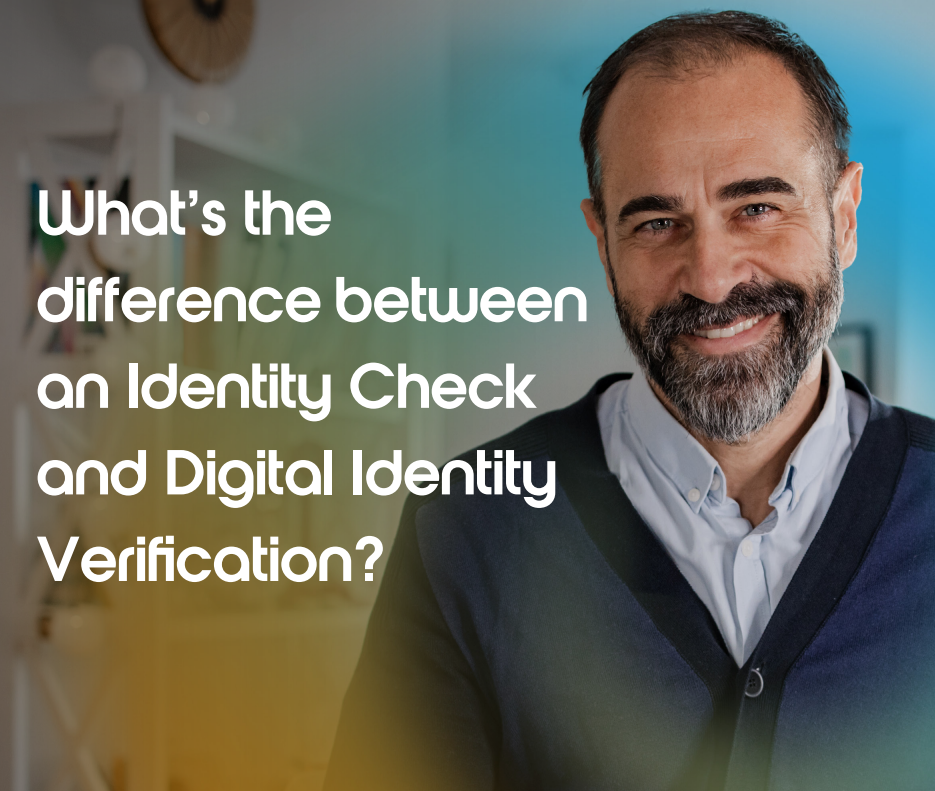Here at uCheck, it’s hardly surprising that we’re often asked about the cautions and convictions shown on DBS Checks.
Employers and candidates alike are often keen to understand exactly what a DBS check will reveal – particularly if they may have received a caution in the past for something deemed a minor offence.
In this guide, we cover the key background information you should know regarding cautions and convictions shown on DBS Checks, as well as sign-post organisations who can provide advisory detail.
What shows up on a DBS check?
Before considering any individual caution or conviction, it’s important to know what will show up on a DBS Check.
Essentially, the level of detail on the DBS certificate will depend on the level of the check. Though even a basic disclosure will detail any unspent recent or serious convictions an applicant may have.
The introduction of the filtering process in 2013 however, means that ‘protected’ cautions or convictions will automatically be removed from DBS checks at the time a DBS application is made.
How does the filtering process work?
The filtering process is comparable to rehabilitation periods found under the Rehabilitation of Offenders Act 1974.
As part of the automatic process taking place upon application, filtering identifies certain cautions or convictions that will not be disclosed to an employer on a DBS check.
A caution or conviction that is filtered from your DBS check is not removed from police records – it just means that if the job you’re applying for requires a DBS check, you’re legally entitled to withhold the details of any filtered caution or conviction.
As an employer, it is therefore important to be aware of the rights of any candidates you choose to screen.
Which cautions and convictions are eligible for filtering?
With only certain cautions and convictions shown on DBS Checks, it’s important for employers to know what offences may be filtered.
Some examples of offences eligible for filtering (and therefore unlikely to show in a DBS Check) include:
- Being drunk and disorderly
- Common assault
- Drugs offences involving possession only
- Many motoring offences
- Theft, provided no violence is involved
Each caution is processed individually. However, more than one caution can be filtered, provided the offences are protected and a required period has passed for each offence.
The filtering periods for cautions are two years for under 18’s, and six years for those aged 18 and over.
Examples of offences NOT eligible for filtering include:
- Safeguarding offences
- Sexual offences
- Offences involving violence
- Drugs offences involving supply
Only single convictions that didn’t result in sentencing are eligible for filtering. Similarly, the offence in question must be eligible and sufficient time must have elapsed.
The filtering periods for convictions are 5.5 years for under 18s, and 11 years for those aged 18 and over.
Please note – these lists are just for guidance only. For more information, visit the DBS website.
Cautions and convictions shown on DBS Checks: Where can I be advised on my DBS check?
Whether you’re an applicant concerned about the cautions or convictions that may show on your DBS check, or an employer wondering how filtering may impact your companies’ DBS check, there are a number of advisory services available.
Speak to them here:
- Unlock – https://www.unlock.org.uk/
- NACRO – 0300 123 1999
- DBS – 03000 200 190
If you’re ready to start the DBS checking process – get in touch with our team today.







